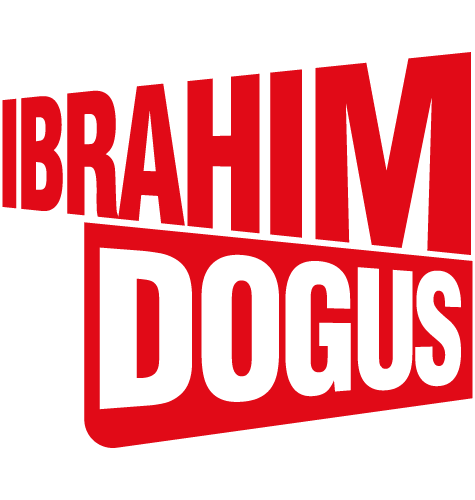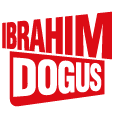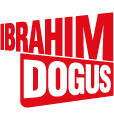
Joshua Chaffin
MARCH 21, 2017
Does a kebab demand a particular type of beer?
To Ibrahim Dogus, the Kurdish kebab king of London, the answer is an unequivocal “yes”. “Grilled food, especially charcoal-grilled food, is special,” Dogus said on a recent afternoon at Troia, his kebab restaurant a short walk from the House of Commons.
“You need something special that will go with it.” Beside a plate of lamb and rice was Dogus’ bottled answer: Bira, the kebab lager he debuted in December. It has had a promising start, selling about 1,000 cases a month in 40-or-so restaurants, mostly around London. Mike Benson, a brewing manager at Molson Coors, which produces Bira under contract, described it as having “a malty sweetness to enhance the sweet juicy flavours of tender meats” and an appealing “mouth feel”. Whatever the merits of Bira, it is hard to resist the hustling immigrant success story behind it: Dogus has created a world in which entrepreneurialism, food from the immigrant and host cultures and political influence meet, with himself at its hub.
Born in southern Turkey, he fled to the UK in 1993, following his asylum-seeking father. He was 14, spoke little English and ended up bouncing from one school to another. “The education system was not ready at the time for a kid like me,” he recalled. While studying, he waited tables in Turkish kebab restaurants run by fellow Kurds. After university, Dogus worked as a community organiser. But when Troia’s then-owner struggled, he sold on favourable terms to the personable young man who knew restaurants. Now Dogus, 36, owns several.
Restaurants, though, are a means to nourish his true passion: politics. Dogus is a long-time member of Britain’s Labour party who counts Sadiq Khan, the London mayor, and Jeremy Corbyn, the party leader, as friends and regulars. “When this place came open, I said: ‘Great — my meetings are across the road!’” he recalled, gesturing towards parliament.
Another of his restaurants — Westminster Kitchen — is a mixing place of journalists and politicians. Each winter Dogus’ interests come together in grand fashion at the British Kebab Awards, a sort of Oscars for the doner set he created in 2013. “The kebab industry didn’t have any prestige,” he complained. “It’s just a late-night snack.” That is a shame, according to Dogus, because British kebabs may be the world’s finest — surpassing even their Middle Eastern fellows. “Scottish beef and Welsh lamb: the quality of the beef we get is better than anywhere else,” he explained. The awards have become an unlikely magnet for politicians. Corbyn, a longstanding vegetarian, last year handed out the outstanding contribution prize. Theresa May, the UK prime minister, penned a letter of congratulation for this year’s soldout fifth anniversary.
Such high-level contacts aid Dogus’ larger cause of supporting the Kurdish community — both at home and abroad. He has created two foundations – the Centre for Turkey Studies and Centre for Kurdish Progress – to deepen British-Kurdish bonds and improve understanding between the UK’s 250,000 Kurds and its 150,000 or so ethnic Turks.
The diaspora communities get on reasonably well, although Dogus acknowledged that fresh hostilities between the Turkish government and Kurdish guerrillas have also been felt in London. “There are some tensions, but we’re trying,” he said. Here in his adopted home, Brexit may be Dogus’ most immediate problem.
Tougher immigration controls threaten to cut off his supply of EU workers. “The hospitality industry always needs people — we need staff in the kitchen right now,” he said, noting that virtually none of his job applicants was British. And an unfamiliar hostility has surfaced in a place he long regarded as a haven of tolerance. “I never thought there would be such a rise in racism and xenophobia,” Dogus said. A hopelessly divided Labour party seems unlikely to contest Brexit anytime soon. But in the kebab business it may find the ingredients of its renewal, Dogus suggested: “If you offer the right policies and you deliver, people will stay with you,” Dogus said. “We say, ‘We have the best lamb sheesh.’ And we deliver.”


